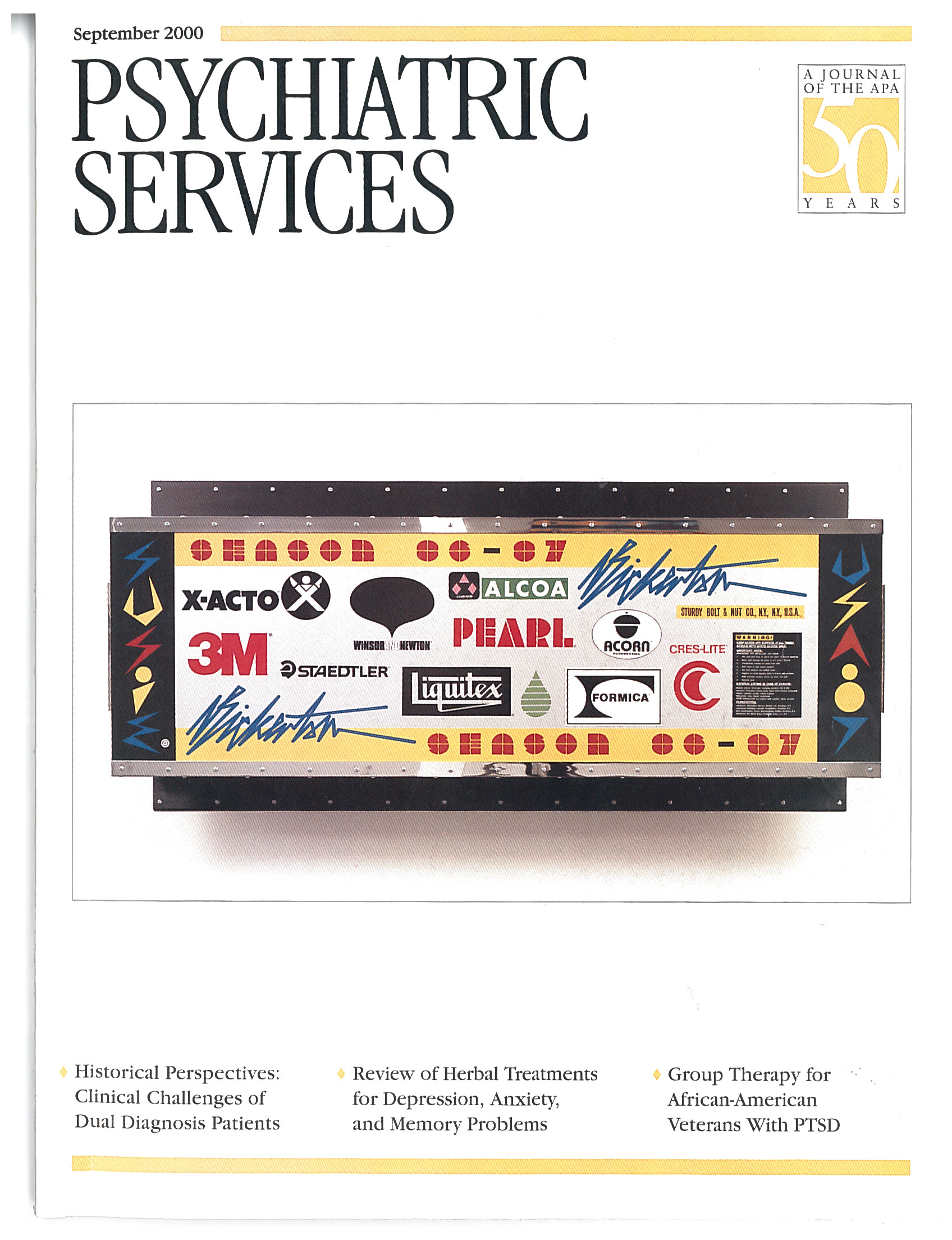Michael Rowe's Crossing the Border documents the complex interactions between outreach workers and homeless individuals with serious mental illnesses. The book is based on an ethnographic study of 15 outreach workers and 50 homeless persons in New Haven, Connecticut. Rowe, who is a sociologist by training, conducted the study while he was director of the New Haven ACCESS outreach project. ACCESS (Access to Community Care and Effective Services and Supports) was a national research demonstration project operating at 18 sites, under the direction of the federal Center for Mental Health Services, to test the effectiveness of systems-integration strategies for services to homeless people with serious mental illnesses.
The primary focus of the book concerns what Rowe calls "boundary encounters." Boundary encounters are meetings between outreach workers and homeless individuals. They occur on the streets, in shelters and soup kitchens, under bridges, and in other marginal places not frequented by those in mainstream society. Rowe first examines these encounters from the perspective of each party involved and then turns to the institutional context in which they occur. According to Rowe, it is within this context that the opposing goals of individual care and institutional "people-processing" are carried out.
Boundary encounters involve numerous transactions in which services and identities are negotiated by both provider and potential client. The homeless individual bargains with the outreach worker for tangible goods. Likewise, through the promise of meeting the homeless person's basic needs, the outreach worker attempts to engage that person in more sustained treatment and services. For the homeless individual, the offerings have to be flexible, as do the expectations of engagement. Yet although the outreach worker is dedicated to helping these individuals escape homelessness, he or she can offer only a full package of assistance to those who will accept treatment.
The principal strength of the book is its detailed documentation of these encounters from multiple perspectives. Through this documentation, the flexibility necessary for effective outreach work and the potential conflicts such flexibility can pose to administrators, outreach workers, and the homeless people being served are clearly illustrated.
While Rowe's examination highlights efforts that should be made to help people at the margins, it also raises questions about where those efforts should stop. Indeed, the book provides some valuable insights into the benefits and limits of outreach work to homeless people with serious mental illnesses. Yet it falls short in terms of offering any concrete solutions to the inherent dilemmas embedded in outreach work that are so clearly articulated by the author.
Thus the only weakness of the book is one of omission. An additional chapter on policy implications and recommendations would have made this valuable piece of work more complete. Nevertheless, as one of the only in-depth qualitative studies of outreach work, Crossing the Border makes a noteworthy contribution to the field. It should be considered an essential read for everyone—from administrators to those on the front line—working with the most marginalized among the homeless.

